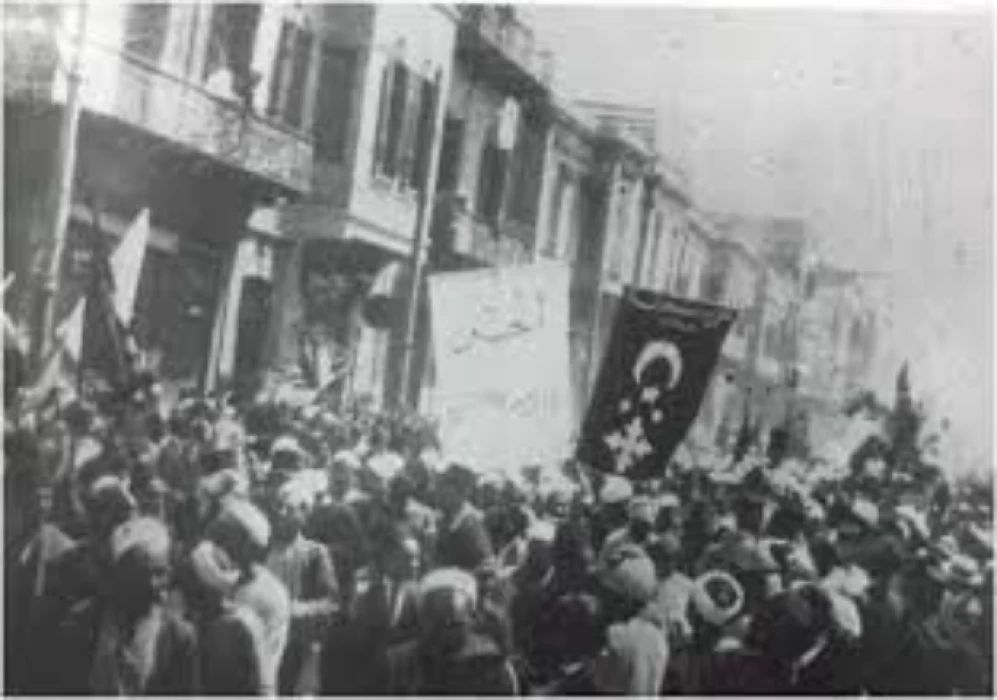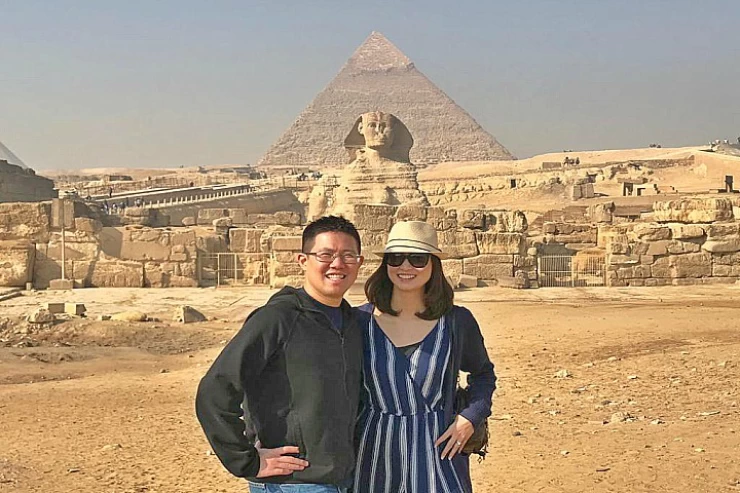
Egyptian Revolution of 1919
Background
British troops occupied Egypt from 1882 to 1914, though the khedive of Egypt remained the official ruler of the country. Egypt became a separate
Causes
Prior to the war, nationalist agitation was limited to the educated elite. Over the course of the war increasing resentment of British rule from the population. this led to the development of Egypt in the war increasing. although Britain promised to bear the war in full. during the war, the British sent to Egypt foreign troops. conscripted over one and a half million Egyptians into the Labour Corps, and confiscated building crops, and agriculture for military use. according to the allied promises during the war (such as President Wilson's Fourteen Points), after the war the Egyptians demanded independence.
Events
after world war the Egyptian nationalist led by Saad Zaghlul made a request to High Commissioner Reginald Wingate to end the British Protectorate in Egypt. and re-presenting Egypt in the next conference, the peace conference in Paris. The delegation also included 'Ali Sha'rawi Pasha, Abd al-Aziz Fahmi Bay, Muhammad 'Ali Bay, 'Abd al-Latif al-Makabati Bay, Muhammad Mahmud Pasha, Sinut Hanna Bay, Hamd Pasha al-Basil, Gurg Khayyat Bay, Mahmud Abu al-Nasr Bay, Mustafa al-Nahhas Bay, and Dr. Hafiz 'Afifi Bay. Meanwhile, massive popular support for Egypt's independence.
The British saw the popular support that the Wafd leaders enjoyed, fearing social unrest. then in March 1919 proceeded to arrest Zaghlul and two other movement leaders and exiled them to Malta. Between March 15 to 31, at least 3,000 Egyptians are killed, they plundered the great lands and destroyed the railways, and burn down villages. the result was the revolution
normal life ceased and this mass movement characterizes by the participation of both men and women, and by spanning the religious divide between Muslim and Christian Egyptians, it was more in the Egyptian countryside more violet. that he killed 800 Egyptians were killed and 1,600 others were wounded.
The British Government sent a Commission of Inquiry, known as the Milner Mission, to Egypt in December 1919 to determine the causes of the disorder and to make a recommendation about the political future of the country. Lord Milner's report, published in February 1921, recommended that the protectorate status of Egypt was not satisfactory and should be abandoned. The revolts forced London to issue a unilateral declaration of Egyptian independence on February 22, 1922.
Aftermath
Recognition of Egypt's independence was conditional. The following matters were reserved for the discretion of the British Government. They were The security of the communications of the British Empire in Egypt the defense of Egypt against foreign aggression the protection of foreign interests in Egypt
The Wafd Party drafted a new constitution in 1923 based on a parliamentary representative system. Egypt was independent but with temporary independence as British forces continued to be physically present on Egyptian soil. Moreover, Britain recognition of Egyptian independence which continued to be administered as an Anglo-Egyptian condominium. Saad Zaghlul became the first popularly elected Prime Minister of Egypt in 1924.
visit Egypt and know more about the Egyptian history through Egypt Day Tours and be ready to travel with time to different ages
















